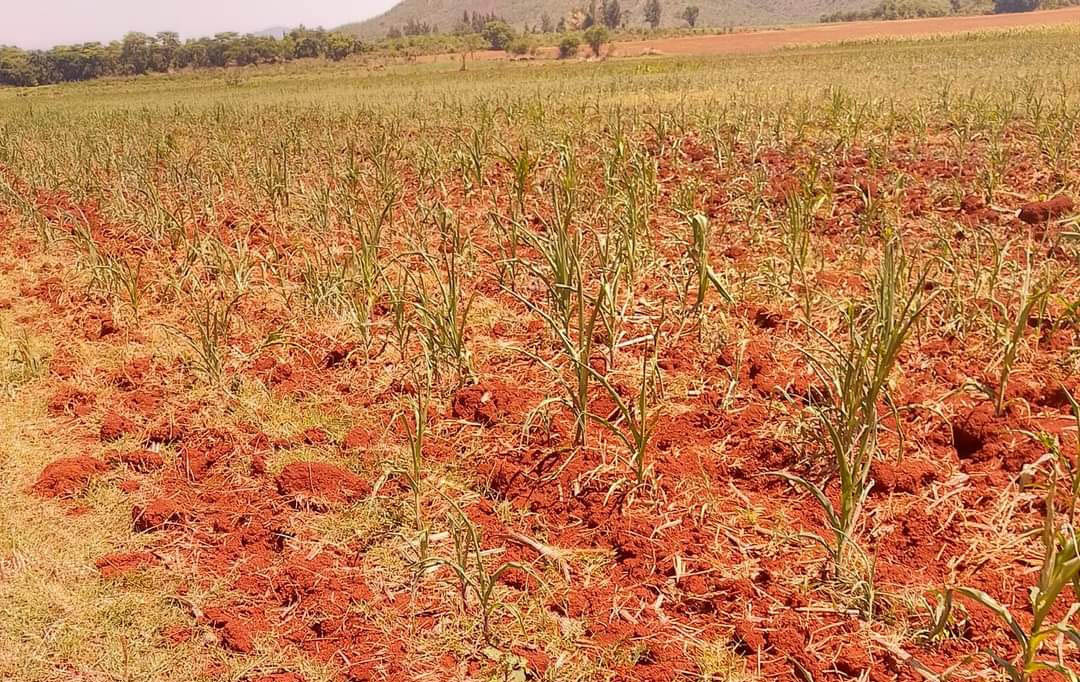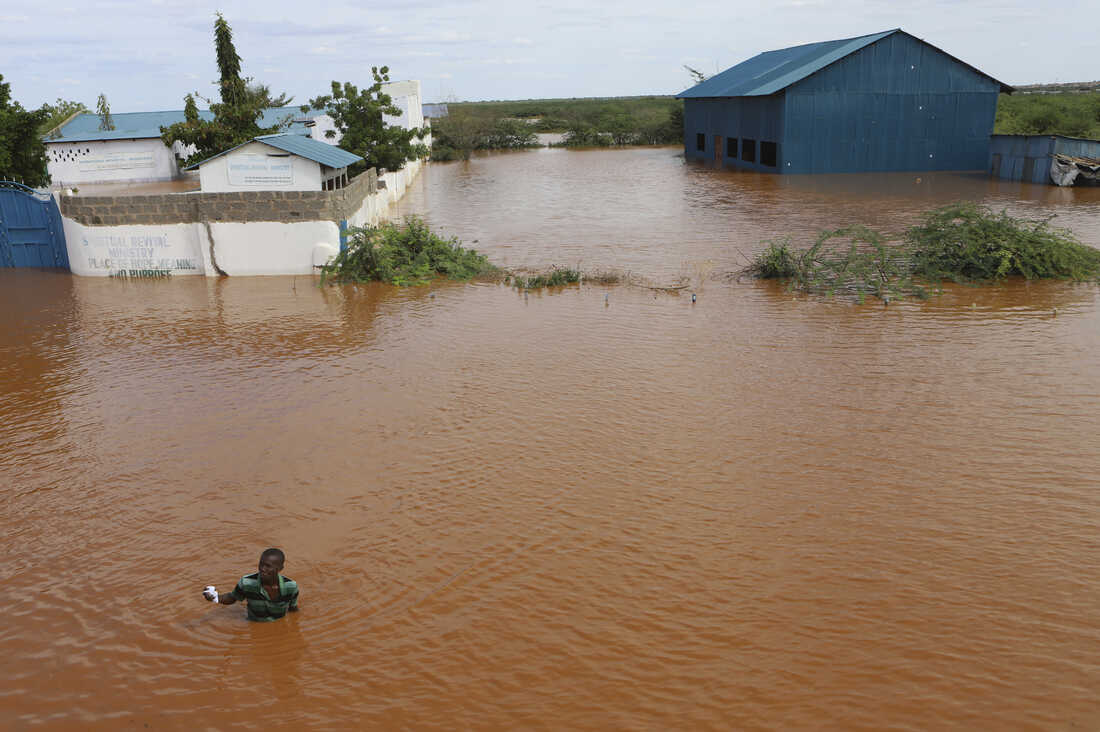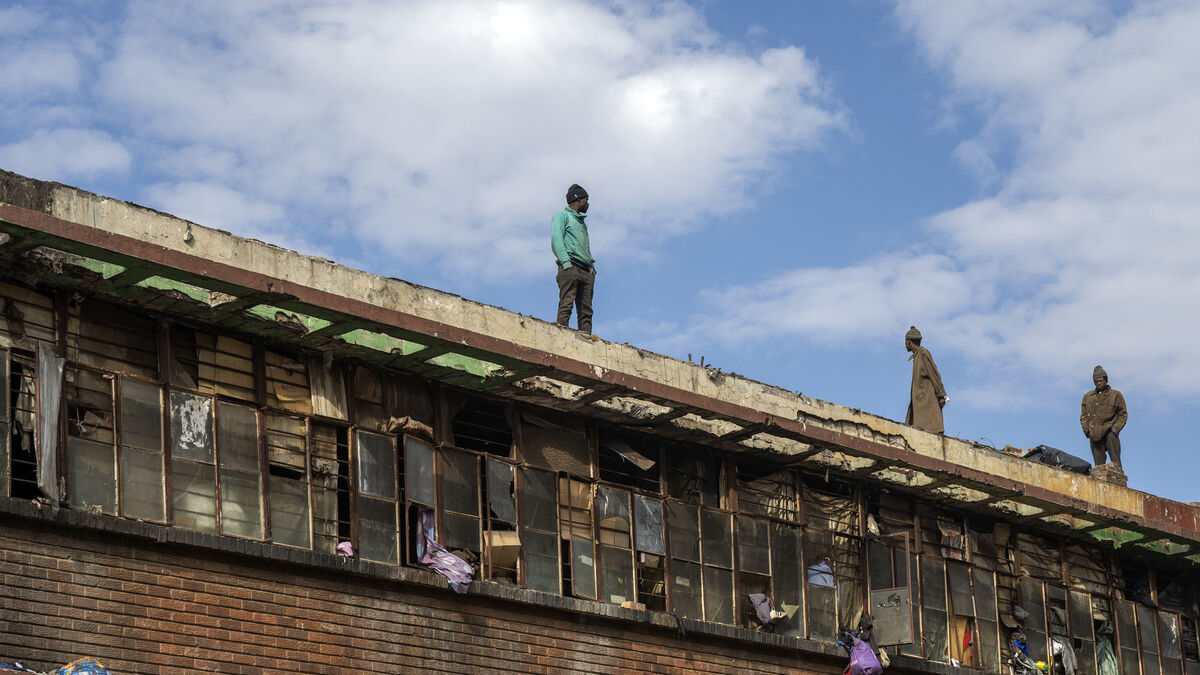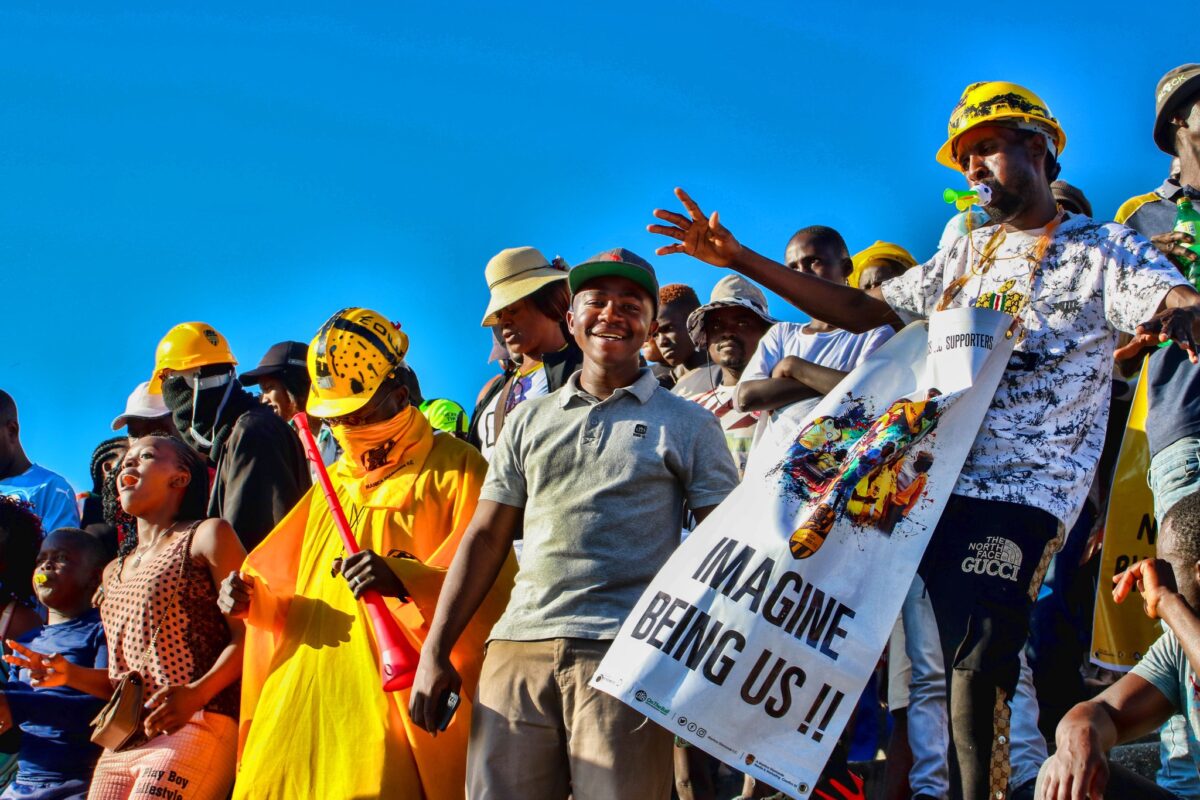HARARE – With a major drought looming in Zimbabwe, opposition lawmakers have expressed fears that the government’s food distribution programme could be manipulated to benefit only Zanu PF supporters.
Ministers said this week that 26 percent of the country’s population is food insecure for the January to March period, with Matabeleland North the most affected province with 42 percent of its 830,000 population in urgent need of aid, compared to just 12 percent in Mashonaland West province.
The government says food distribution is already underway in rural provinces and denies political interference in the process.
In parliament on Wednesday, Chikanga MP Lynette Karenyi (CCC) said: “I would like to find out from the minister, what is the policy to ensure that people who are conducting the registration process are not going to use political party lines?
“We know that although the law says the village heads are supposed to be apolitical, people who may be linked to the party that I belong to will not be registered. What is the policy with regards to ensuring that the registration is not politicised?”
Social welfare deputy minister Mercy Dinha maintained that “no-one is supposed to starve.”
She told MPs: “We distribute, we don’t consider the political affiliation of a recipient. We distribute to people belonging to other parties, food is going to those areas because the president is saying no-one is supposed to starve. It means everyone, not Zanu PF members only. So, when we are distributing, we are giving everyone.
“We are leaving no-one. It is going to go to all corners of the country.”
MPs also expressed concerns that the country may not have enough grain in reserve to meet the drought-induced food shortages.
Mbizo MP Corban Madzivanyika said: “Just last week or two weeks ago, the parliamentary portfolio committee on lands committee on lands, agriculture, fisheries, water and rural development had a meeting with the Grain Millers Association of Zimbabwe which indicated that they have enough grain reserves.
“A week later, the committee travelled across the country, in particular to Norton and Banket, but then we realised that there were no grain reserves in those areas.”
Paul Mavima, the social welfare minister, denied the country’s grain reserves were empty.
“A person cannot conclude after visiting two storage facilities and then conclude for the whole country,” he said.
















